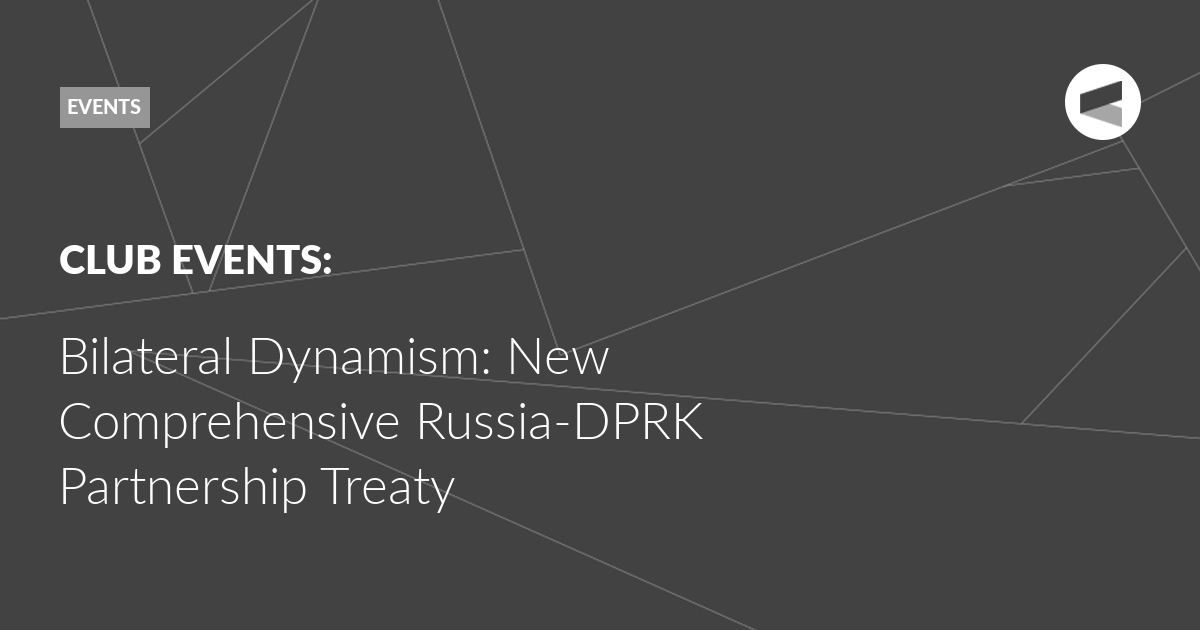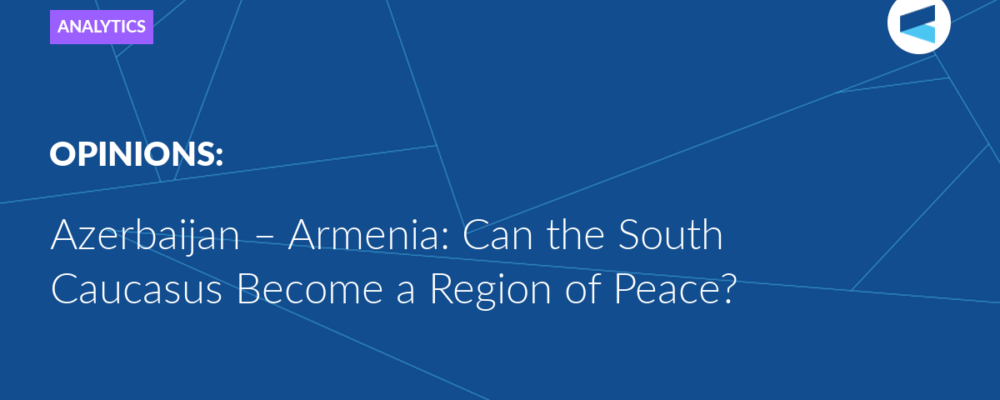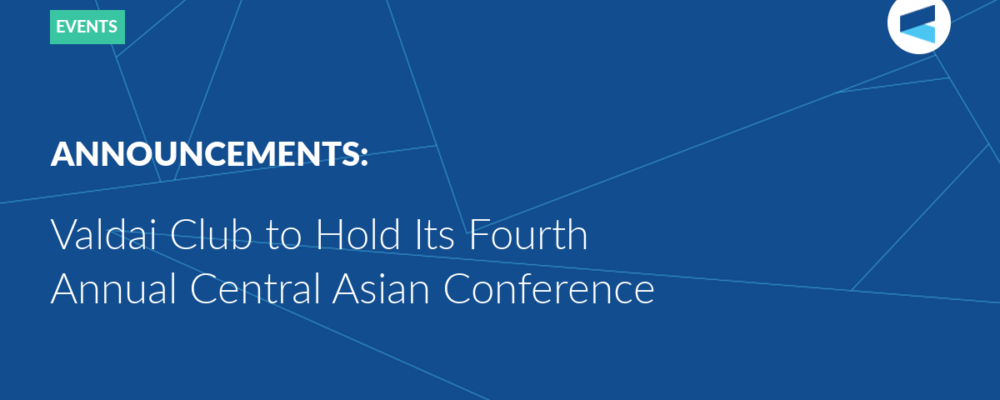On November 27, the Valdai Club hosted an expert discussion on the Russia-DPRK Treaty and the security situation in Northeast Asia. The moderator of the discussion was Ivan Timofeev, Programme Director of the Valdai Club.
Dmitry Kiku, Deputy Director of the Department for Control over External Restrictions of the Ministry of Finance of the Russian Federation, called the Russia-DPRK Strategic Comprehensive Partnership Treaty a continuation of the bilateral treaties and agreements that existed between the Soviet Union and the DPRK, as well as between the DPRK and the Russian Federation, in particular, the 1961 treaty. Article 16 of the new treaty stipulates the parties’ readiness to counter unilateral coercive measures, including those of an extraterritorial nature, and to coordinate efforts to support multilateral initiatives aimed at this. Thus, the new treaty continues a series of international documents demonstrating that Russia and its allies have begun to practically implement the policy of counteracting illegitimate sanctions. After the signing of the treaty, shouts began to be heard from Washington and Seoul that the implementation of the document could contradict UN Security Council resolutions. However, the stagnation of the UN sanctions regime against the DPRK was primarily caused by the actions of Washington and its satellites, which constantly violated and discredited the provisions of the resolutions, Kiku emphasised.
Georgy Toloraya, Head of the Centre of Russian Strategy in Asia at the Institute of Economics, RAS and Senior Researcher, Institute of China and Contemporary Asia, RAS, pointed out that the emerging reports on the presence of DPRK troops in the Special Operation Zone do not mean that the provisions of the Russian-North Korean treaty (Article 4) devoted to military assistance were invoked, since these reports have not received any official confirmation. The expert also noted the presence of a number of aspects of the treaty that are given less attention. We are talking, for example, about cooperation in the peaceful nuclear energy sector, possibly including the construction of a nuclear power plant. There are various ways to do this in the context of UN sanctions. In particular, if we consider such projects as having a humanitarian focus, they fall under the corresponding exemptions from the sanctions regime.
“It has always been clear to Russian experts on Korea that in the eyes of the United States, the DPRK is, in a sense, a testing ground for sanctions,” noted Ilya Dyachkov, Associate Professor of the Department of Japanese, Korean, Indonesian and Mongolian Languages at MGIMO university. He considers the lifting of unilateral restrictive measures against Pyongyang unlikely. Whatever the North Koreans do, it has not led to a softening of sanctions by either Seoul or by Washington. Dyachkov emphasised that Russia is not developing cooperation with the DPRK in order to spite anyone. These are long-standing relations, the roots of which go back to 1948, and their slight cooling in the 1990s should be perceived more as an aberration than as the norm. “The dynamism of our bilateral relations is pleasantly surprising. In this sense, it is even difficult to predict how our cooperation can develop,” he added. Speaking about the possibility of dialogue between the US and North Korea under Trump, the analyst noted that the Americans’ ability to negotiate is highly questionable: what was signed by one administration is easily cancelled by the next.
Anton Khlopkov, Director of the Centre for Energy and Security, stressed the importance of building strategic contacts with the DPRK without excessive regard for the reaction of other states. “We have noticeably delayed the adoption of an updated fundamental document that would regulate bilateral cooperation,” he believes, pointing out that North Korea is one of the few countries in the modern world that can afford to maintain an independent foreign policy, and therefore relations with it should have an appropriate legal basis and a basis in trade and economics. We must not forget about contacts at the political level and humanitarian cooperation, especially since UN Security Council resolutions allow for a much greater volume of interaction than those that took place.
Xu Bo, Professor at the Northeast Asia Research Centre of Jilin University, is convinced that since the signing of the Comprehensive Strategic Partnership Treaty, Russian-North Korean relations have entered a new stage. He proposed to consider these relations primarily not from the point of view of the Ukrainian crisis, but in the context of Russia’s strategic turn to the East, within the framework of which Russia is strengthening relations with all countries of the Asia-Pacific region. In addition, in the strengthening of Russian-North Korean cooperation, according to Xu Bo, one can see a kind of response to regional “NATOisation”, which China considers one of the most important challenges for itself.
Konstantin Asmolov, Leading Research Fellow at the Korean Studies Centre at the Institute of China and Contemporary Asia of the Russian Academy of Sciences, noted that speculation around Article 4 of the new treaty overlooks the fact that within its framework, military assistance is possible if one of the parties finds itself in a state of war, which is not identical to any armed conflict and is marked by a declaration of war. At the same time, he considers Article 3 to be more significant, as it speaks of consultations, which in themselves are a serious deterrent. It implies that in a situation of impending conflict, Moscow and Pyongyang will coordinate strategy together. From the same angle, it makes sense to look at Article 8, which speaks of joint measures to ensure security. Asmolov separately pointed out the importance of Article 20, dedicated to raising awareness and combating disinformation.
The Valdai Discussion Club was established in 2004. It is named after Lake Valdai, which is located close to Veliky Novgorod, where the Club’s first meeting took place.
Please visit the firm link to site






